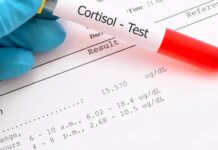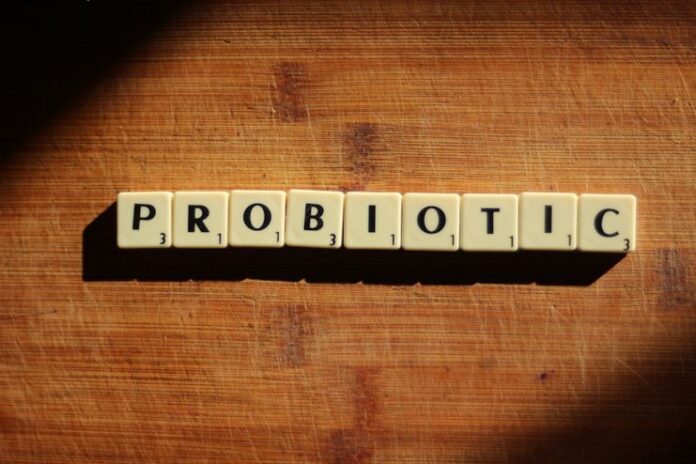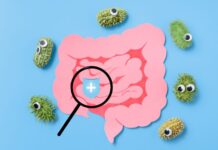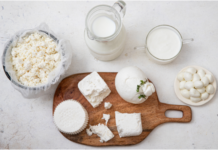Affiliate Disclaimer
Some links in this article are affiliate links. We may earn a small commission if you make a purchase through these links, at no extra cost to you. We only recommend products we find useful to our readersYou’re in good company if your fridge is full of kombucha, your mornings begin with probiotic pills, and your plate is topped with yogurt and kimchi. Probiotics are everywhere. What was once a specialty supplement for gut health has now become a staple for many seeking relief from issues like bloating and mental fogginess.
But here’s the catch: more doesn’t always mean better. In our well-meaning effort to boost gut health, it’s easy to go overboard, and your body will be the first to let you know.
Can you take too many probiotics? Absolutely.
When you take too much of probiotics, the symptoms can disturb your digestive system. Gas, bloating, fatigue, brain fog, and even food sensitivities may all be signals that your gut microbiome is overwhelmed.
This article unpacks the signs of probiotic overdose, why it happens, and when it’s time to hit pause and give your gut a break.
How Probiotics Work in the Gut
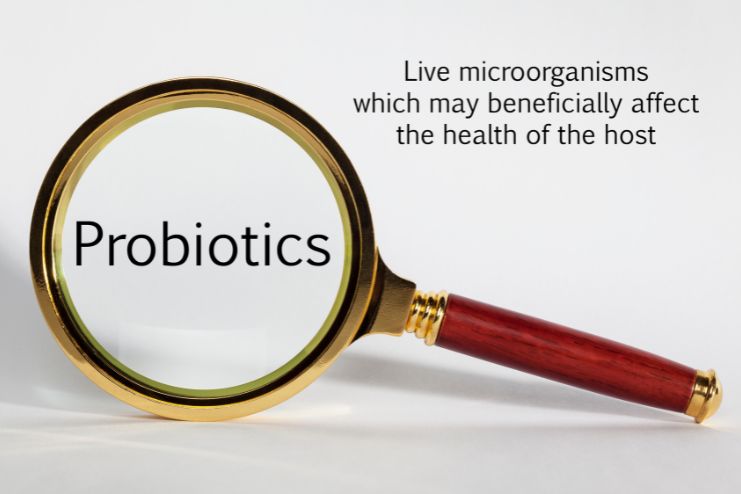
The Basics: Good Bacteria Doing Good Work
Probiotics are living microorganisms that support a healthy balance of gut flora. They contain the most common bacteria, Lactobacillus and Bifidobacterium. When these bacteria are consumed adequately, they aid digestion, regulate bowel movements, strengthen the gut barrier, and even contribute to immune function and mood regulation via the gut-brain axis.
Restoring Balance—But Within Limits
Probiotics are particularly beneficial after a course of antibiotics or recovery from illness, as they help restore beneficial bacteria. They also aid in the absorption of nutrients and soothe inflammation. Just like flooding the garden with too much water, overwhelming the gut with too much bacteria, particularly the wrong strains, can do more harm than good.
Read More: Why Probiotics Might Not Work Without Prebiotics: How to Maximize Gut Health
Signs You’re Taking Too Many Probiotics
If you regularly take probiotics, you might sometimes overdo it. Certain noticeable symptoms can indicate that you’re taking too many. Here’s how you know:
1. Excessive Gas and Bloating

Do probiotics cause bloating? Yes, often, particularly when taken in excess. Probiotics break down fiber in the digestive tract, producing gas as a by-product, and also causing bloating. These symptoms are more likely if high doses or several strains of probiotics are taken at once.
In some cases, consuming bacteria strains like Lactobacillus and Bifidobacterium in excess may actually worsen bloating and gas, especially in individuals with gut sensitivities, SIBO, or imbalanced microbiota.
2. Digestive Discomfort: Diarrhea or Constipation

An excess of a good thing can upset your normal gut bacteria. Certain probiotics speed up gut transit time, leading to diarrhea, while others slow it down and lead to constipation.
If your bowels become unpredictable after boosting your probiotic dose, it might indicate that your gut needs a break.
3. Brain Fog and Fatigue

Excessive use of probiotics can influence mental clarity. Some strains, such as Lactobacillus acidophilus, produce D-lactic acid. This byproduct, when produced excessively, will enter the bloodstream and disrupt neurological function. The result? You might feel drowsy, hazy, or perpetually fatigued.
4. Unusual Food Cravings

The microbiome in the gut affects hunger and desire. Overgrowth of some strains can alter your appetite, leading to cravings for sugar, starches, or processed foods that “feed” the microbes. These changes in appetite may be an indication that your microbial balance is off.
Read More: Digestive Enzymes vs. Probiotics: What’s the Difference and Which One Do You Need?
5. Increased Histamine Sensitivity
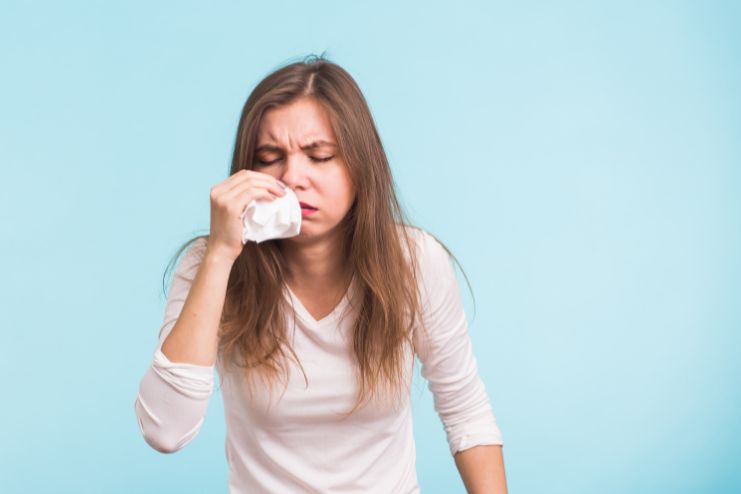
Some probiotic strains (Lactobacillus reuteri, L. casei) are known to produce histamine. Individuals who can’t tolerate histamine can suffer from a runny nose, skin rashes, a headache, or itchy eyes. If these symptoms arise after starting or increasing probiotics, it might be due to histamine.
6. Reduced Gut Microbial Diversity
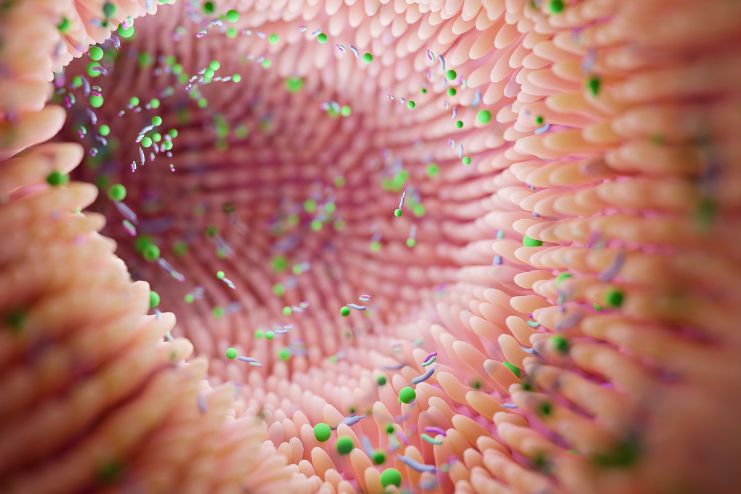
Repeatedly supplementing the same strains can crowd out other beneficial microbes, reducing diversity. This “monoculture” effect leads to gut dysbiosis—an imbalance that contributes to food sensitivities, fatigue, mental health disorders, and poor digestion.
7. Worsening Gut Conditions: SIBO, IBS, or Leaky Gut
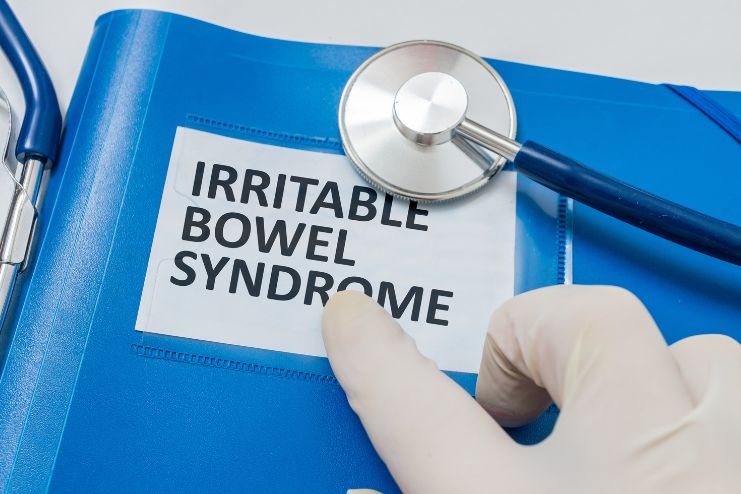
If you have Small Intestinal Bacterial Overgrowth (SIBO), Irritable Bowel Syndrome (IBS), or leaky gut, taking probiotics can make your condition worse, particularly if probiotics settle in the small intestine, where they don’t belong. In these situations, more probiotics only lead to more gas, bloating, and inflammation.
Read More: SIBO vs. IBS: Understanding the Differences and How to Manage Them
How to Know if Your Gut Needs a Probiotic Break
If you’ve been pushing probiotics daily and aren’t feeling better, it’s time to reflect.
Ask Yourself:
- Am I more constipated, foggy, or bloated since I began probiotics?
- Have my symptoms increased after I raised my dose or switched strains?
- Do I feel better after missing them for a few days?
When to Cut Back:
If your response to any of the above is yes, decrease your dosage or quit probiotics altogether for 1–3 weeks and see how your body reacts. You might also consider changing to a different strain or consulting a medical professional before continuing.
Balancing Probiotic Intake for Gut Health

Here are a few ways you can balance probiotic intake for better gut health:
1. Diversify Your Sources: Focus on Fermented Foods
Instead of relying solely on capsules, incorporate fermented foods that naturally provide multiple strains in small, manageable doses. Some of the fermented foods can be:
- Yogurt (dairy or plant-based)
- Kefir
- Sauerkraut
- Kimchi
- Miso
- Tempeh
- Kombucha (in moderation)
These foods have enzymes and nutrients that improve digestion and reduce the risk of overload.
2. Feed on Good Bacteria with Prebiotics
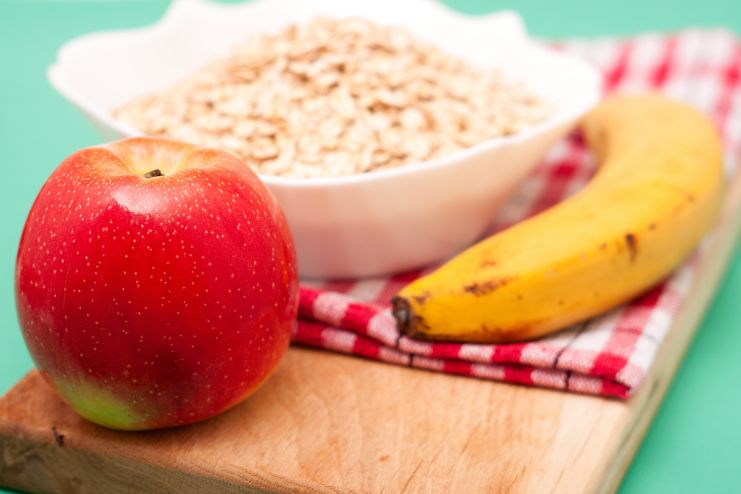
Prebiotics are fibers that nourish existing gut bacteria. Here’s how to include prebiotics that make probiotics work:
- Garlic
- Onions
- Asparagus
- Oats
- Bananas
- Apples
- Leeks
Prebiotics improve microbial diversity naturally without overburdening your gut with outside bacteria.
Read More: Gut-Friendly Overnight Oats with Berries: A Probiotic Breakfast
3. Rotate Your Bacterial Strains
Different bacterial strains have different benefits. Keep changing the strains for better gut health. Here are a few you can try.
Change the probiotic strain every few months or as symptoms change.
4. Try Spore-Based Probiotics (If Sensitive)
If regular probiotics irritate your stomach, spore-forming types such as Bacillus subtilis and Bacillus coagulans are a better choice. These can withstand stomach acid and are less likely to result in side effects due to fermentation.
5. Give Your Gut a Vacation
If symptoms don’t go away, skip all the probiotic supplements. Eat whole foods, fiber, water, and perform gentle exercise. This “reset” allows your gut to rebalance its bacterial equilibrium.
When to See a Doctor
If your symptoms do not subside after discontinuing probiotics or if you suspect underlying issues such as SIBO, histamine intolerance, or dysbiosis, it is time to consult a healthcare provider.
Particularly seek medical advice if:
- You have low immunity.
- You have a diagnosed gut disorder.
- Your symptoms (bloating, fatigue, rash, fog) last longer than a few weeks.
Functional medicine physicians can order stool tests, organic acid tests, or SIBO breath tests to help guide personalized treatment protocols.
Conclusion: A Gut Check on Probiotics
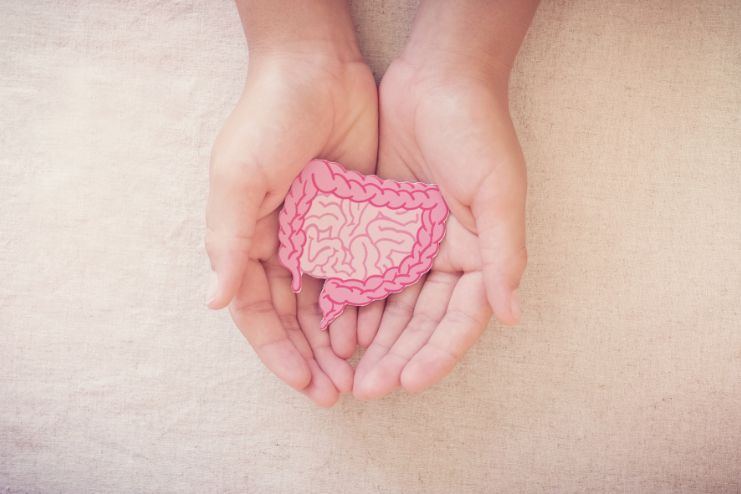
Probiotics may be a game-changer for gut well-being—but only when taken intentionally and in moderation.
In our zeal to feel better, it’s too tempting to get sucked in by “more is better.” So, can you overdo the probiotics? Yes. And when you do, your gut usually gives you a signal—via bloating, brain fog, fatigue, food sensitivities, or digestive pain.
The answer isn’t to give up on probiotics for good but to use them more thoughtfully, which involves:
- Listening to your body’s cues.
- Switching bacterial strains, not loading up.
- Prioritizing whole foods and prebiotics.
- Give yourself time off when necessary.
- Get professional support if symptoms continue.
Your gut loves balance and diversity, not overload.
Ready to Reset? Here’s Your Next Step
If you’ve been noticing any of the signs we discussed, try taking a brief “probiotic pause.” Rebalance your gut naturally with fiber-rich foods, prebiotics, and fermented foods, and then cautiously introduce probiotics back into your diet.
Need help to start? Consult a medical practitioner or nutritionist to tailor your gut health plan.
References
- https://www.news-medical.net/news/20180808/Study-suggests-link-between-probiotic-use-and-brain-fogginess.aspx
- https://www.nccih.nih.gov/health/probiotics-usefulness-and-safety
- https://www.bbc.com/future/article/20190124-is-it-worth-taking-probiotics-after-antibiotics
- https://pmc.ncbi.nlm.nih.gov/articles/PMC11542600/
- https://www.courtneyholmbergnd.ca/post/probiotics-for-histamine-intolerance
- https://www.felixhospital.com/blogs/gut-health-and-mental-wellness
- https://pmc.ncbi.nlm.nih.gov/articles/PMC7386065/
- https://zoe.com/learn/can-stopping-probiotics-cause-problems
- https://www.sciencedirect.com/science/article/pii/S1477893924000176
In this Article









